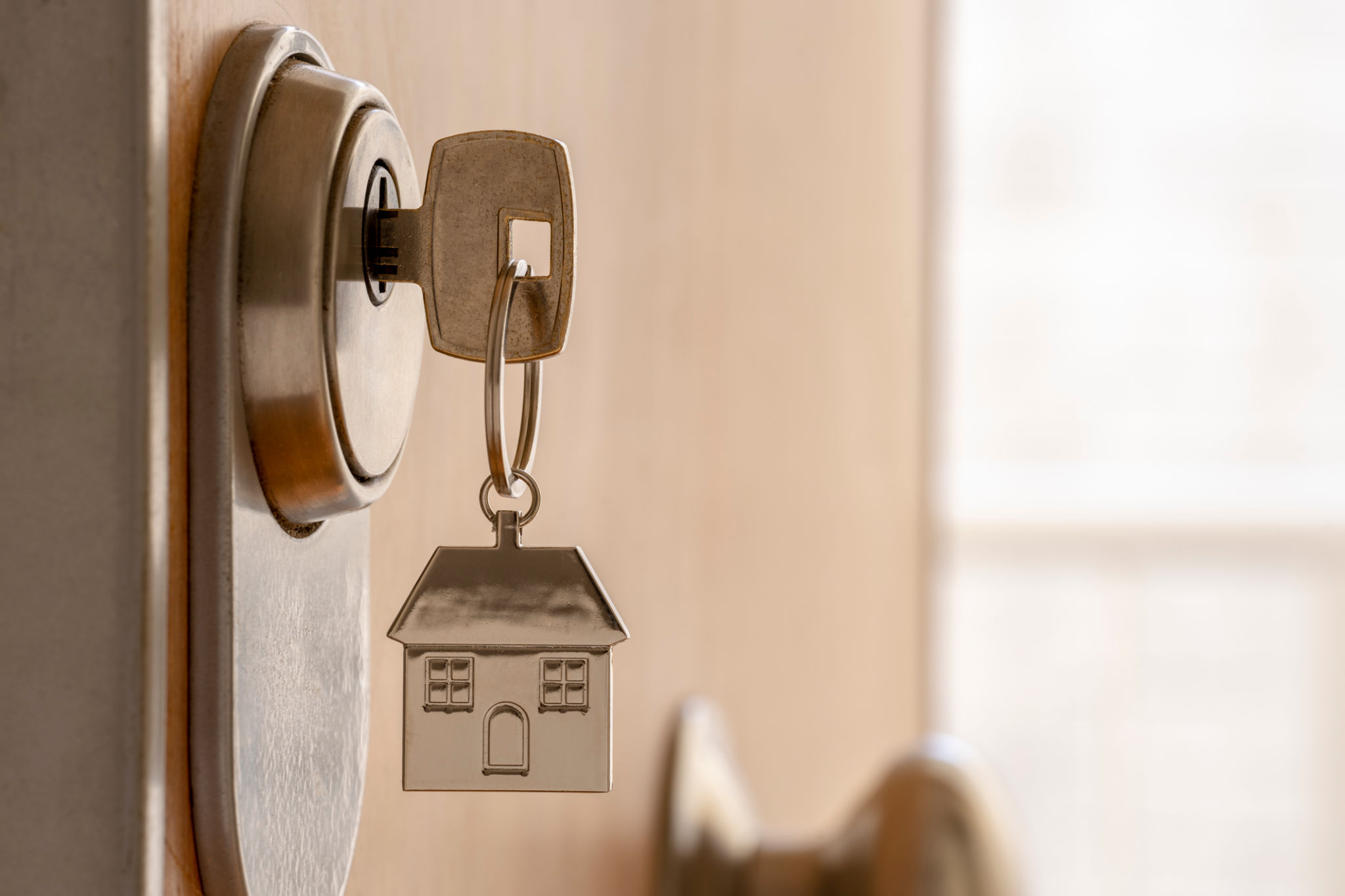Navigating Airbnb Regulations in Ghana: What Hosts Need to Know
Understanding the Regulatory Environment
Airbnb has revolutionized the way people travel and stay in new places, offering hosts an opportunity to earn income by sharing their homes. However, with its rise in popularity, many countries, including Ghana, have put regulations in place to ensure fair practices and safety for both hosts and guests. If you're considering becoming an Airbnb host in Ghana, it's crucial to familiarize yourself with these regulations to ensure compliance and avoid potential fines or legal issues.

Registration and Licensing
In Ghana, one of the primary requirements for Airbnb hosts is to register their property with the Ghana Tourism Authority (GTA). This step is essential as it legitimizes your hosting operation. The process involves filling out application forms, submitting identification documents, and providing proof of ownership or authorization to use the property. Additionally, you may need to obtain a business permit from the local municipal authority.
It is also advisable to check if your property falls under any specific zoning laws that might restrict short-term rentals. Staying informed about these laws will help you avoid potential conflicts with local authorities or neighbors.
Tax Obligations
As an Airbnb host in Ghana, you are required to pay taxes on the income generated from your rental activities. The Ghana Revenue Authority (GRA) mandates that hosts register for tax identification and pay appropriate taxes. Income earned through Airbnb is considered taxable income, and failure to comply with tax regulations can result in penalties.

Keep detailed records of your earnings and expenses related to your Airbnb business. These records will not only help you file accurate tax returns but also provide insights into your business's financial performance.
Safety and Security Measures
Ensuring the safety and security of your guests should be a top priority. The Ghana Tourism Authority may conduct inspections to ensure that your property meets safety standards. This includes having functional smoke detectors, fire extinguishers, and first aid kits available on the premises. Additionally, consider installing secure locks and providing guests with emergency contact information.
It's also essential to communicate house rules clearly to your guests. This includes guidelines on using appliances, waste disposal, and any restrictions on noise levels or visitor access. Clear communication can prevent misunderstandings and enhance the guest experience.

Maintaining a Positive Relationship with Guests
A successful Airbnb experience hinges on maintaining a positive relationship with your guests. Encourage open communication by promptly responding to inquiries and addressing any concerns they may have. Providing a clean and welcoming environment can lead to positive reviews, which are vital for attracting future guests.
Consider offering personalized recommendations for local attractions, dining options, and cultural experiences. This personal touch can enhance your guests' stay and leave a lasting impression.
Staying Informed About Regulatory Changes
The regulatory landscape for Airbnb hosts in Ghana is subject to change as authorities continue to address emerging challenges in the short-term rental market. Stay informed about any updates or amendments to existing regulations by regularly checking with the Ghana Tourism Authority and other relevant government bodies.
Joining local Airbnb host communities or online forums can also be beneficial. These platforms offer opportunities to connect with other hosts, share experiences, and gain insights into navigating regulations effectively.
